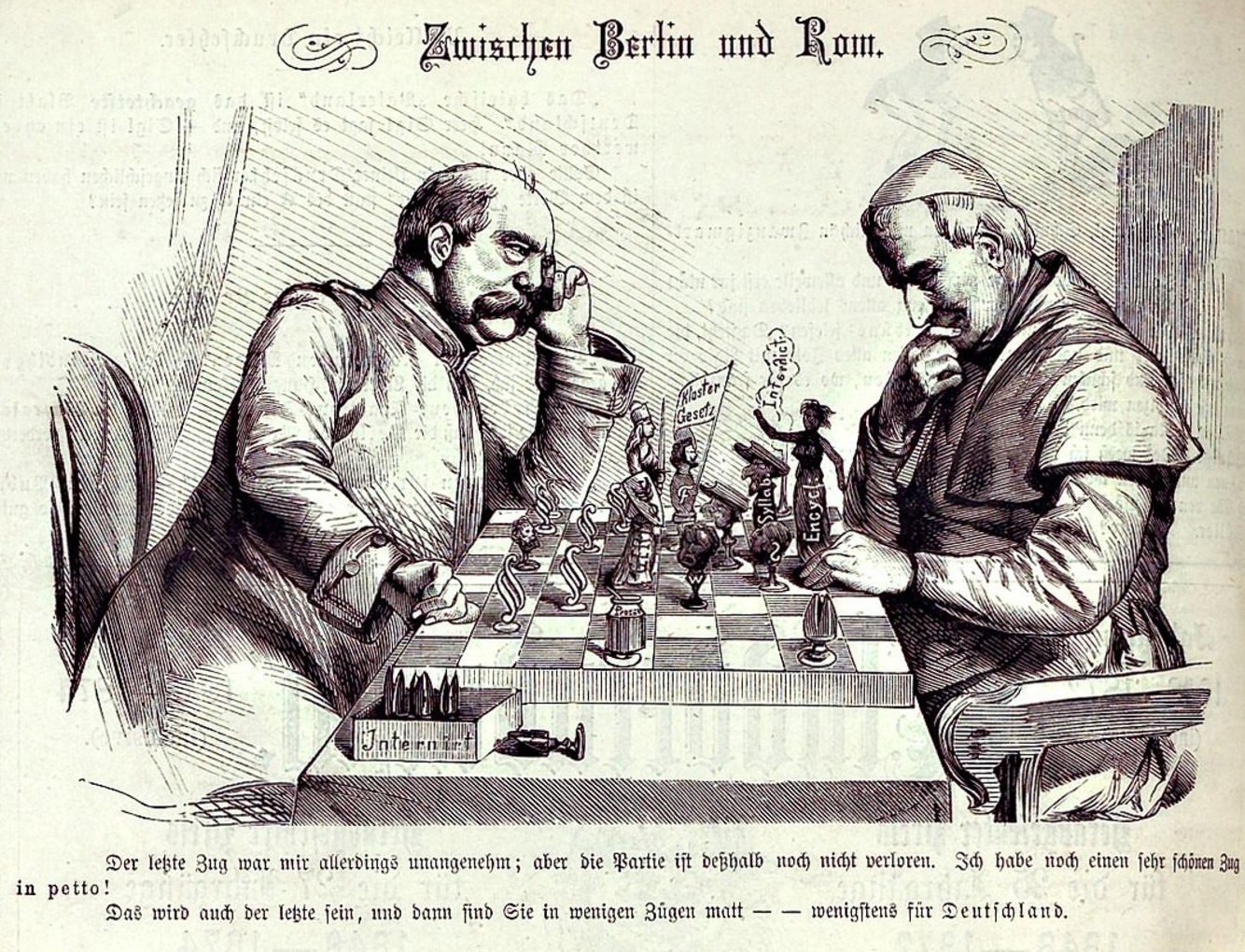
Culture war
In political science, a culture war is a type of cultural conflict between different social groups who struggle to politically impose their own ideology (beliefs, virtues, practices) upon their society.[1][2] In political usage, the term culture war is a metaphor for "hot-button" politics about values and ideologies, realized with intentionally adversarial social narratives meant to provoke political polarization among the mainstream of society over economic matters of[3][4] public policy[5] and of consumption.[1] As practical politics, a culture war is about social policy wedge issues that are based on abstract arguments about values, morality, and lifestyle meant to provoke political cleavage in a multicultural society.[2]
For the "culture war" between the Catholic Church and the German state in the 1870s, see Kulturkampf.Research[edit]
Criticism and evaluation[edit]
Since the time that James Davison Hunter first applied the concept of culture wars to American life, the idea has been subject to questions about whether "culture wars" names a real phenomenon, and if so, whether the phenomenon it describes is a cause of, or merely a result of, membership in groups like political parties and religions. Culture wars have also been subject to the criticism of being artificial, imposed, or asymmetric conflicts, rather than a result of authentic differences between cultures.
Researchers have differed about the scientific validity of the notion of culture war. Some claim it does not describe real behavior, or that it describes only the behavior of a small political elite. Others claim culture war is real and widespread, and even that it is fundamental to explaining Americans' political behavior and beliefs.
A 2023 study on the circulation of conspiracy theories on social media noted that disinformation actors insert polarizing claims in culture wars by taking one side or the other, thus making the adherents circulate and parrot disinformation as a rhetorical ammunition against their perceived opponents.[1]
Political scientist Alan Wolfe participated in a series of scholarly debates in the 1990s and 2000s against Hunter, claiming that Hunter's concept of culture wars did not accurately describe the opinions or behavior of Americans, which Wolfe claimed were more united than polarized.[9]
A meta-analysis of opinion data from 1992 to 2012 published in the American Political Science Review concluded that, in contrast to a common belief that political party and religious membership shape opinion on culture war topics, instead opinions on culture war topics lead people to revise their political party and religious orientations. The researchers view culture war attitudes as "foundational elements in the political and religious belief systems of ordinary citizens."[10]